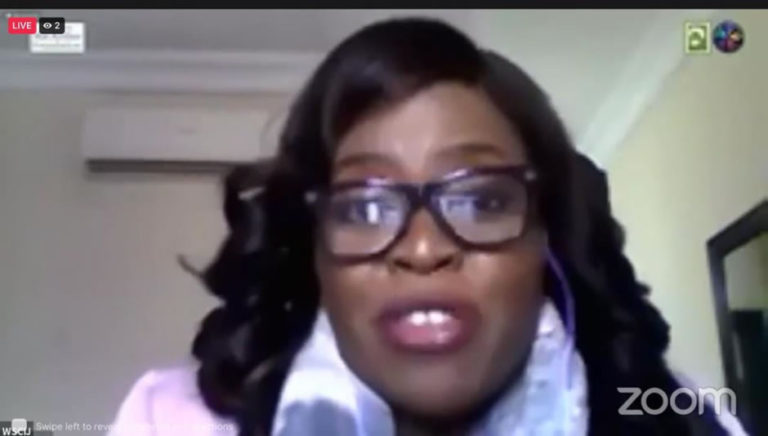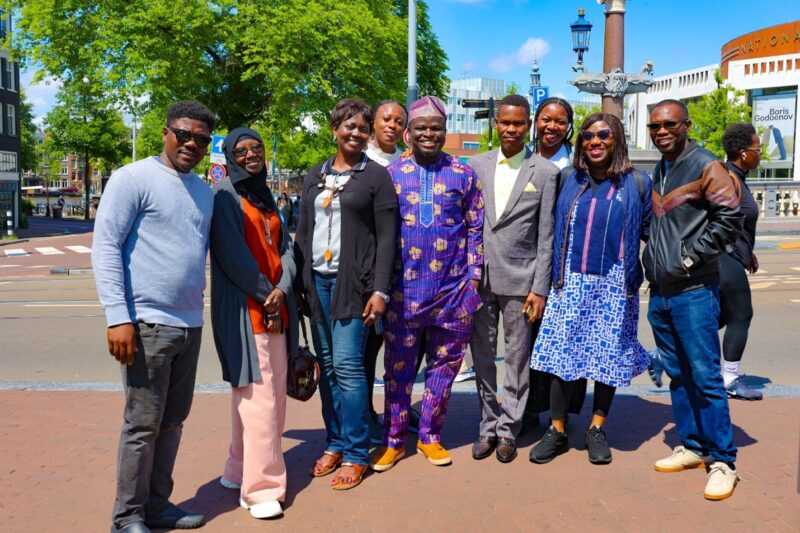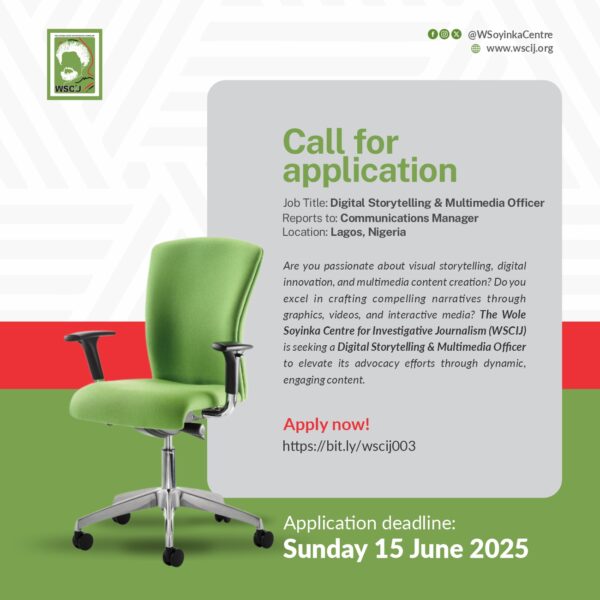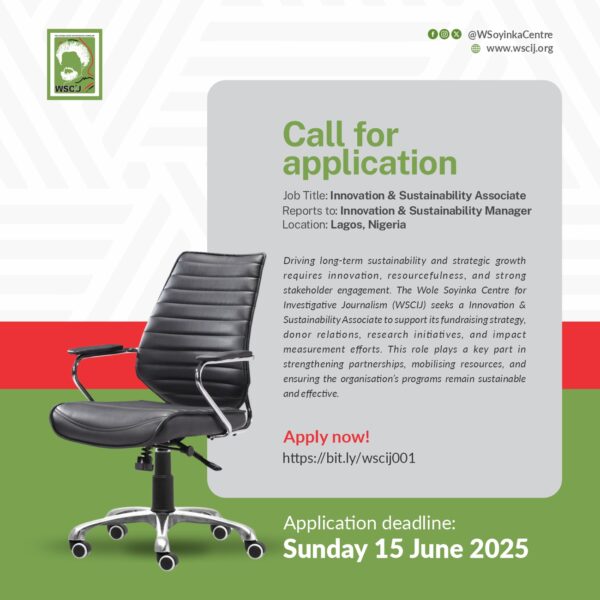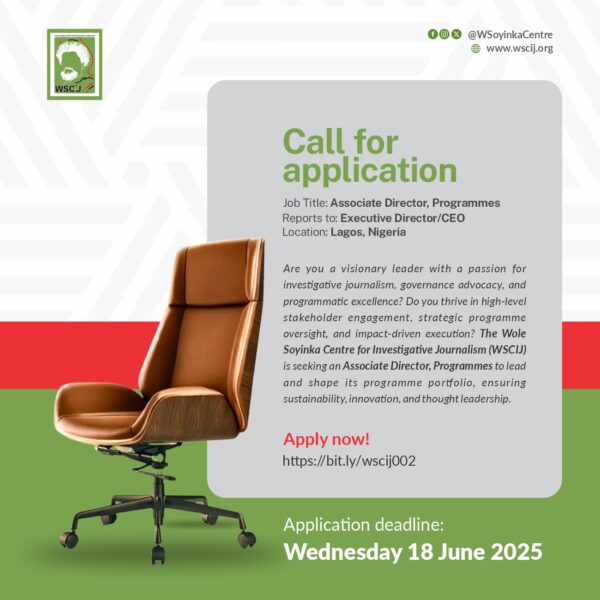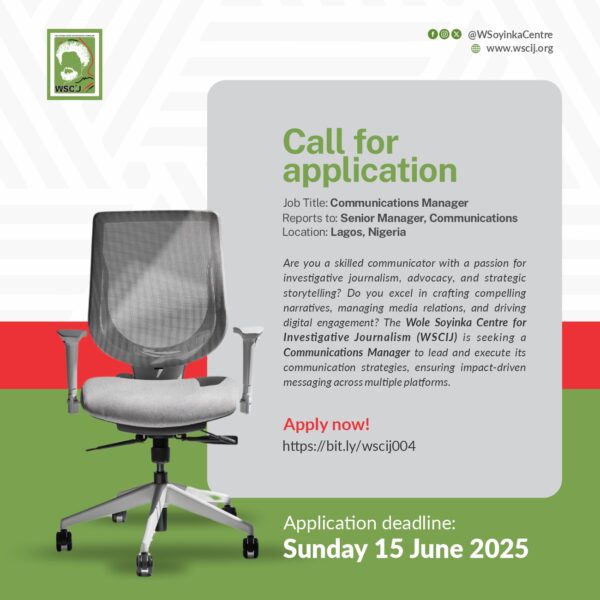Adaora Onyechere, Executive Director, Gender Strategy Advancement International, has said democracy cannot blossom until the voices of women, girls, and the marginalised are heard. Adaora Onyechere made this assertion as a panellists during the 14th Wole Soyinka Centre Media Lecture Series.
For her, if all voices critical to national development is hushed within the democratic conversation, democratic ideals have been defeated. “The only way democracy can be complete is if everybody in the society has a voice. The media’s role is to amplify the voices of those people that are most vulnerable at those levels”.
Onyechere said the rising rate of exclusion of women and persons with disabilities at the sub-national level has led to a gap between the policymakers and the people. She said the media must fill this void to articulate those issues, expand those conversations and bridge the gap between execution and implementation. She alluded to the gender bills recently stepped down by the National Assembly and the recent appointments of ministers where no female was deemed worthy as some urgent issues that needed attention.
“I have for over 14 years been in the media space and some of my strongest strength has been working in the gender space. I anchor and produce gender agenda, the only policy literacy program on national television. I noticed the lack of policy literacy for women at the community level. They have challenges but they do not understand the challenges and their rights within those challenges”.
To bring these challenges to the fore, she advocated for collaboration between the sub-national level and the centre. “For those at the sub-national level to look at these persons who are within the media cadre to be able to look at issues as it concerns the vulnerable group in the absence of that, the only thing that we can continue to do to maximise the voices of this persons is to be able to step down collaboration.”, she said.
Onyechere said the Collaborative Media Engagement for Development, Inclusivity and Accountability Project (CMEDIA) by the Wole Soyinka Centre for Investigative Journalism (WSCIJ) is a timely intervention. She pushed for community journalism and collaboration as the only way forward in expanding the voices of marginalised groups at the subnational level to bridge the gap between the policymakers and women and those people at the sub-national level.

